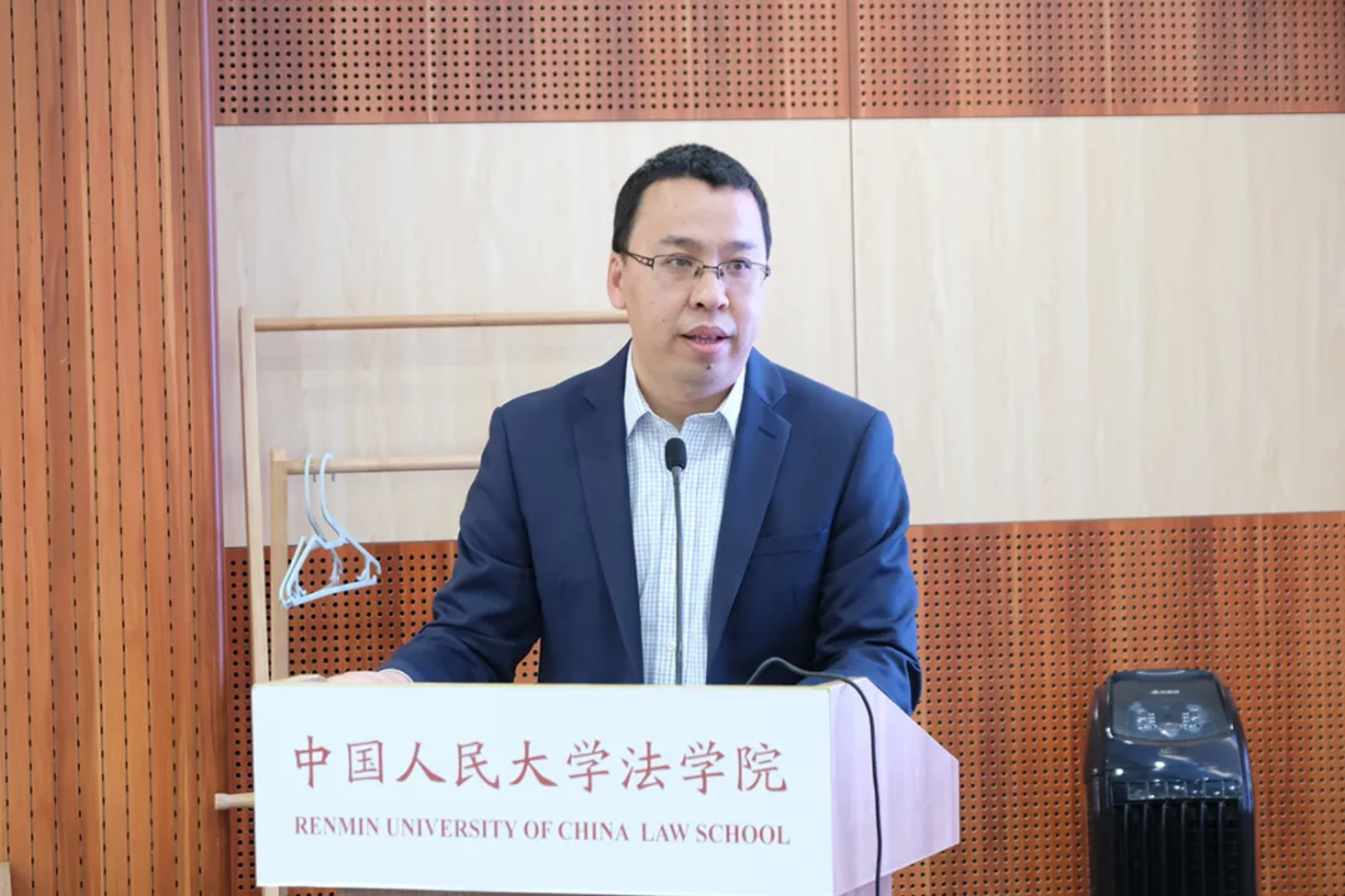Professor Zhang Wenxian Gave a Lecture on "Future Rule of Law" and "Legal Order in Intelligent Society"
time:2021-01-21On October 13, 2020, invited by Law and Technology Institute, Jurisprudence Teaching and Research Section of Renmin University of China , Prof. Zhang Wenxian, Member of the Party Leadership Group of China Law Society, Director of the Academic Committee of China Law Society, Senior Professor of Liberal Arts of Jilin University and Zhejiang University, held academic exchanges with teachers and students of our school. In Room 602 of Mingde Law Building, Renmin University of China, a wonderful lecture was held on the theme of "Future Rule of Law" and "Intelligent Social Order".
To celebrate the 70th anniversary of the Law School of Renmin University of China, this lecture is the first of a series of famous lectures in the autumn semester planned by the Law and Technology Institute of Renmin University of China. The purpose of this lecture is to think and explore the legal order of intelligent society on the connotation of "Future Rule of Law".
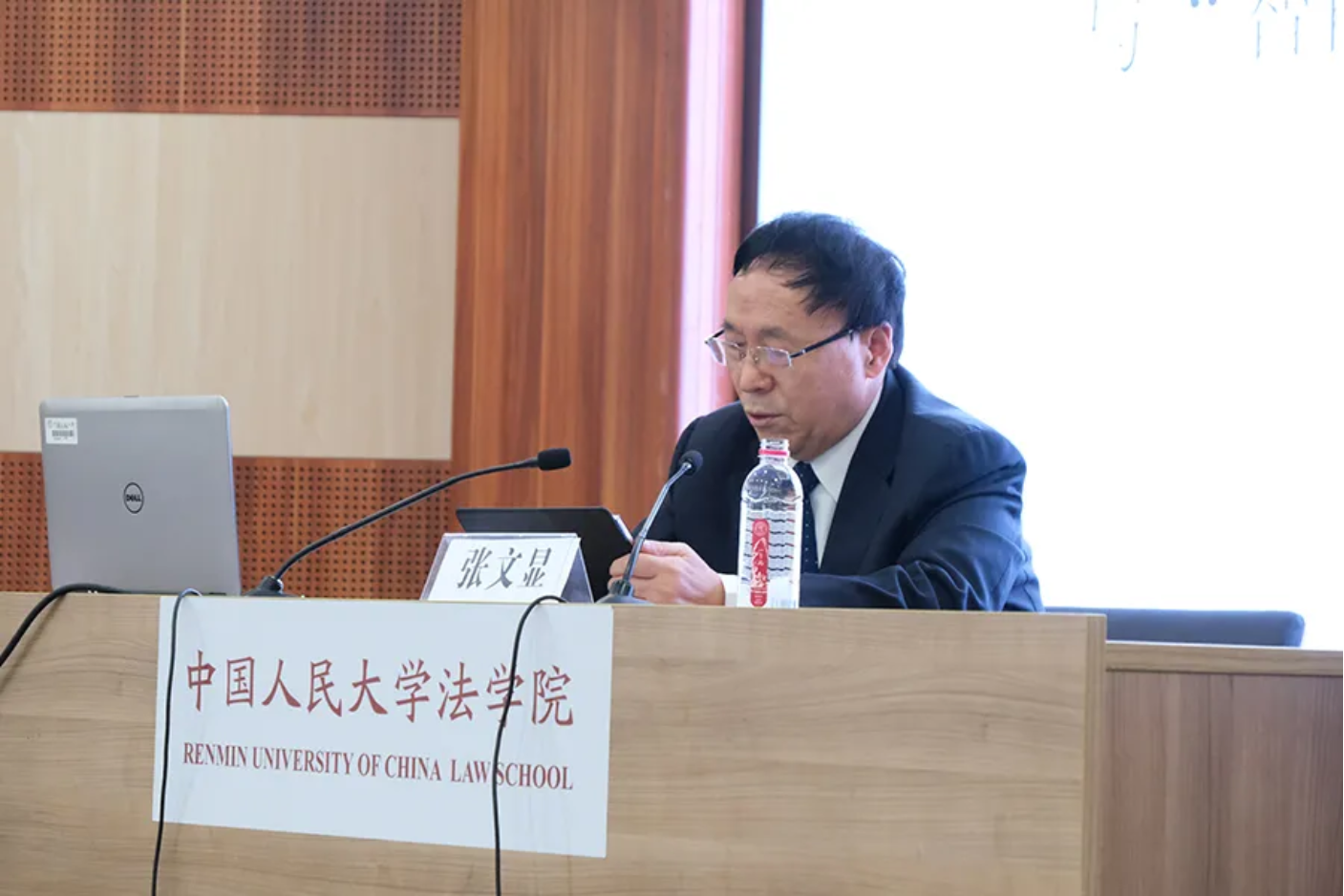
In the part of the keynote speech, Professor Zhang Wenxian began by reviewing the development of his thinking about the future of the rule of law. He pointed out that "future rule of law" is a concept, a new proposition and a new kind of thinking. He pointed out that the study of "future rule of law" must be based on the premise of grasping the future society. He believes that only with the "future rule of law" as a scientific paradigm can we clarify the legal order of intelligent society. In order to make the academic circle take the future rule of law as the similar "surplus value" as the research paradigm, it is necessary to carry on the theoretical elaboration, systematically expatiate the theory and method of the future rule of law, and the need is that we should establish the future rule of law. He called on jurists from all over the world to face up to the challenge with their unique wisdom and courage and strive to build a value system of human civilization featuring peace, development, democracy, freedom, fairness and justice and a community with a shared future for mankind.

In the comments and Q&A session,Professor Zhang Zhiming of Renmin University of China Law School first affirmed that such a topic posed a challenge to legal theory and brought pressure. From the cloning technology, privacy issues, he proposed a thinking problem: our existing traditional values, legal regulation technology is not enough to cope with the coming technological development.

Professor Huang Wenyi from Renmin University of China Law School first paid tribute to Professor Zhang Wenxian for his wonderful speech. Then shared his experience from three points. The first is about the future society, the second is about the future rule of law, and the third is about the future law. He pointed out that the next 30 years of Chinese jurisprudence will shoulder the responsibility of building this new jurisprudence.
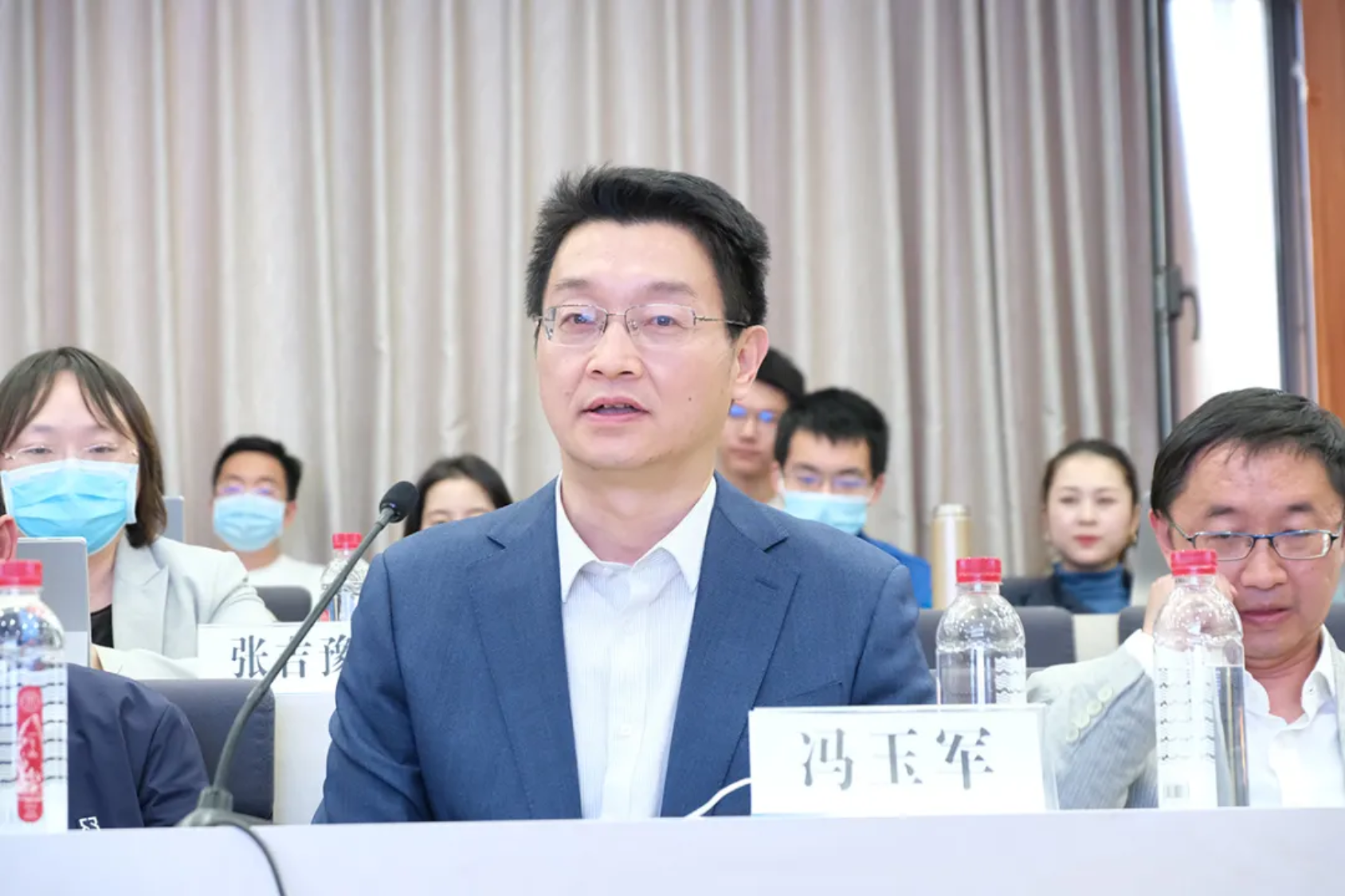
Professor Feng Yujun of Renmin University of China Law School believes that Professor Zhang Wenxian's report is comprehensive and profound, and will set up a cornerstone for the overall development of jurisprudence in the future. He further expanded the "paradigm" and divided it into the paradigm of the time and the paradigm of the theme. It is pointed out that the rule of law should be people-oriented in the future.
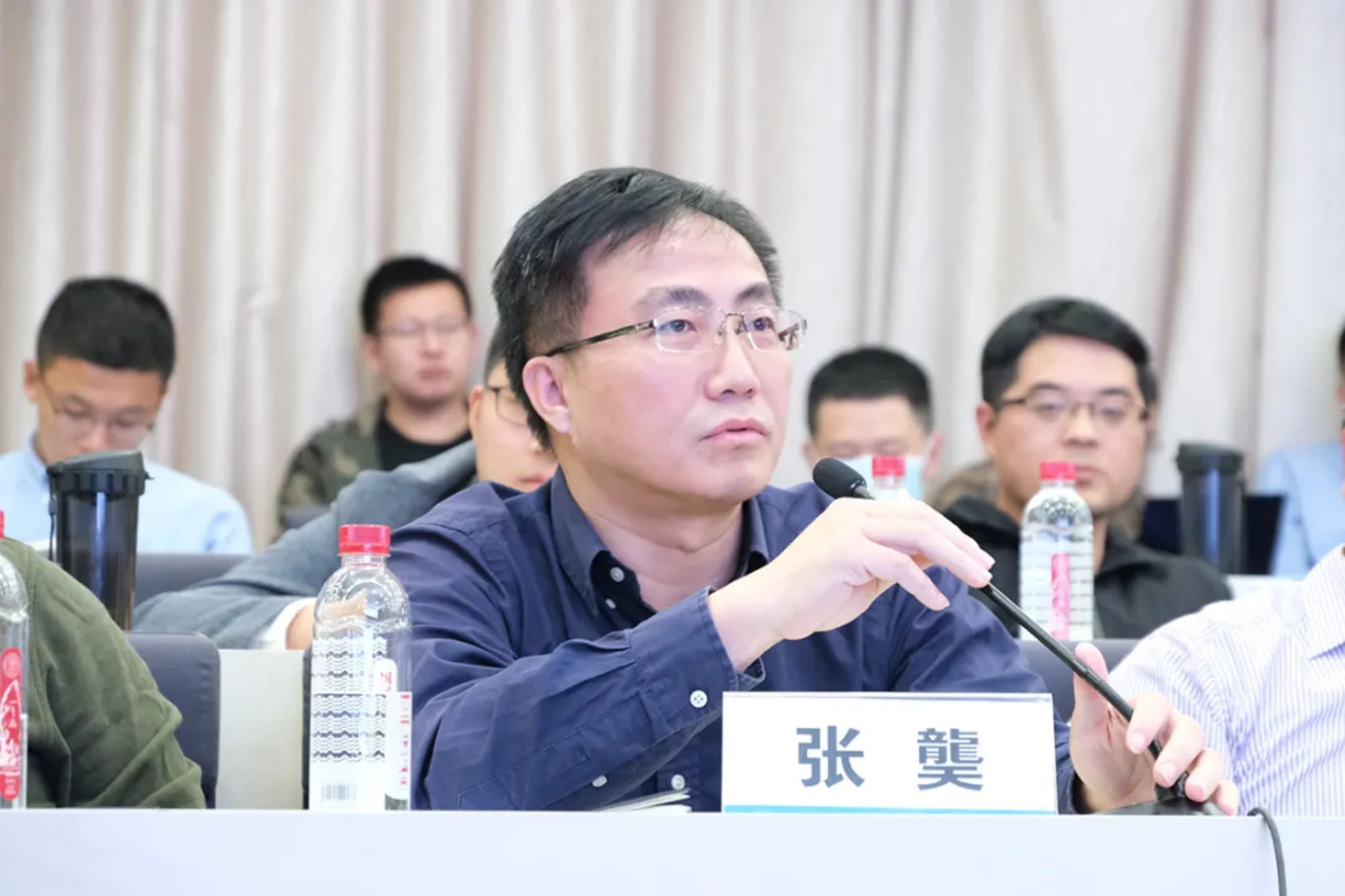
Professor Zhang Yan of Renmin University of China Law School thanked Professor Zhang Wenxian for his talk. He said that when he was in college, he had a basic understanding of law by reading Zhang's books. He believes that the coming series of intelligent technologies or the social forms brought by intelligent technologies are basically within the framework of modernity, and the time paradigm of "past and future" itself is not a brand new one, nor is "rule of law" a brand new one. He thinks that we need to think about a more important question, that is, even if we say that the intelligent society has brought about tremendous change or revolutionary change, is it really a new kind of modernity, or is it just an extension and deepening of modernity?
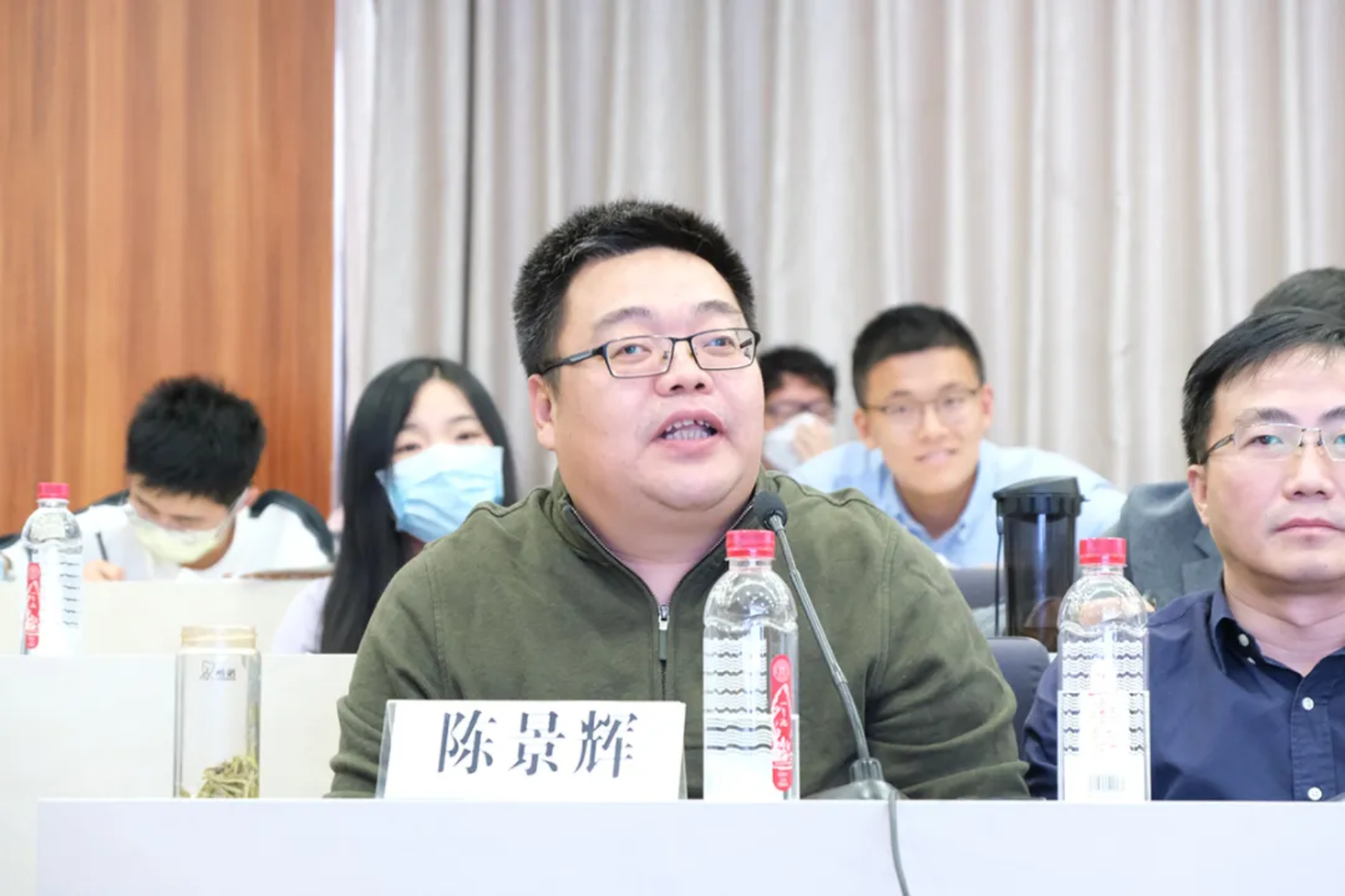
Professor Chen Jinghui from the Law School of Renmin University of China would like to first thank Professor Zhang for his wonderful speech. He started with the doctrinization of departmental law, and thought that at the very beginning, departmental law was faced with such a question: whether the problems of science and technology constituted a challenge to the law? Jurisprudence, he argues, is the only non-dogmatic jurisprudence in the framework of jurisprudence, besides dogmatism, and so those things which challenge positive law are probably best dealt with by jurisprudence. He believes that in addition to the challenges posed to ordinary people by both proper and improper use of technology, it may also enable the public power to use technology to achieve its previously unachievable ability to control. At the same time, many basic rights of individuals are restricted by technology.

Nie Xin, a professor and deputy dean of Tsinghua University's law school, believes that history is a continuum. History is a connecting, inalienable part of the past, present and future. He argues that in the face of a revolutionary shift, a paradigm shift, we have been shaped by the future in dealing with the current upheaval that is taking place in our way of life, in our way of litigation, in our way of governing.

Professor Fu Liqing of Renmin University of China Law School mentioned that the research paradigm of criminal law should not be self-sufficient in the closed study of criminal law doctrines, but should learn from jurisprudence, so that the study of criminal law has a more solid foundation. In the face of the problems brought by artificial intelligence, including automatic driving, driverless driving and whether artificial intelligence can become the subject of crime, we should actively face them. In the risk society, the prevention of criminal law should be emphasized, so that it can truly play the function of behavior norms.
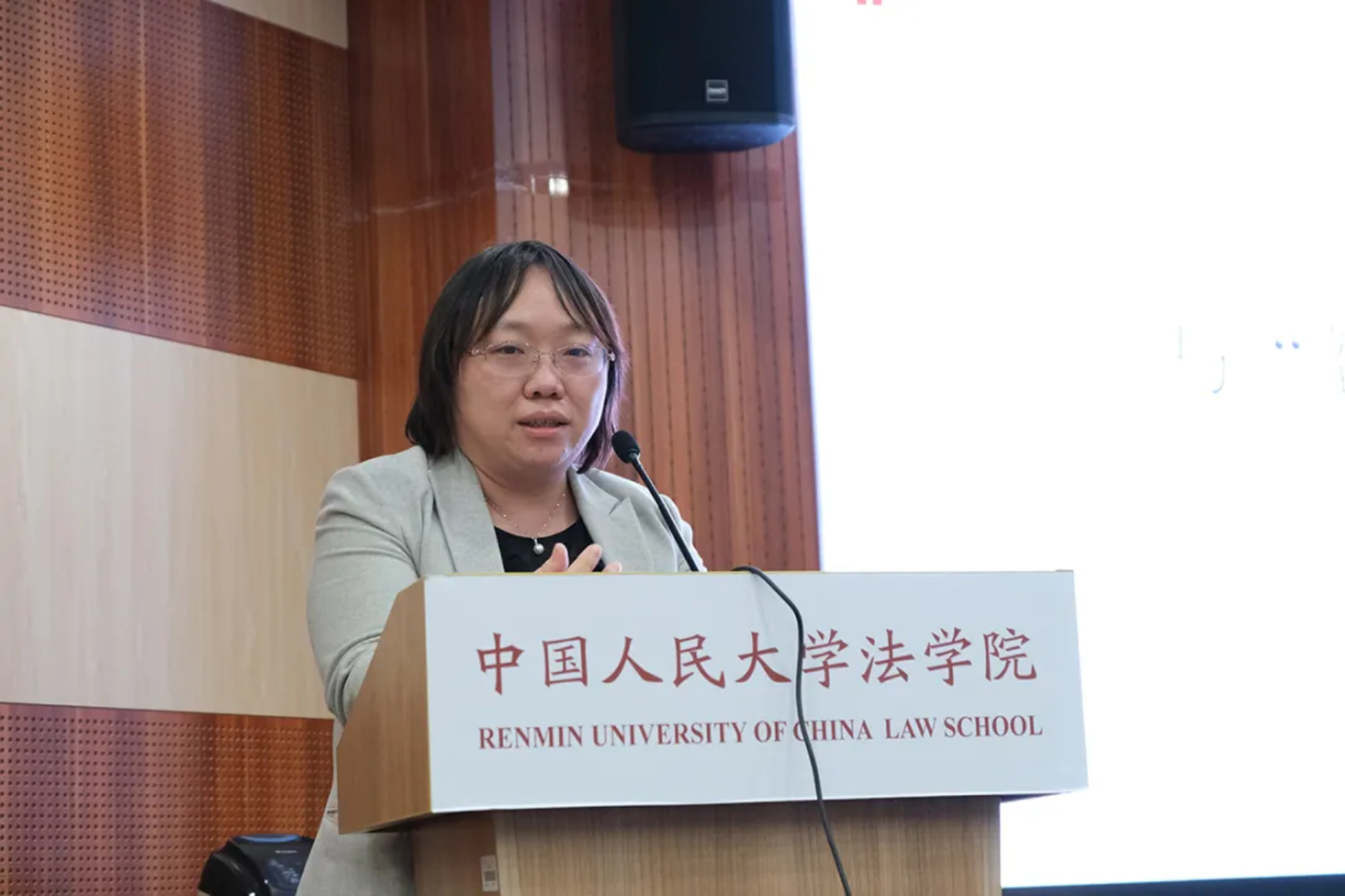
Executive director of Law and Technology Institute of Renmin University of China, associate professor of Zhang Jiyu argues that we should use a more scientific research spirit, vision and perspective of development paradigm to study of the current problems, trying to build the core of its relevant concepts, the core theory and methodology system, and makes the discussion of our current can is more common in a discourse system, more can debate, to question each other, discuss and exchange ideas under the system of each other, better move forward.

Meng Tao, associate professor of law school of Renmin University of China, pointed out the overwhelming power of modern technology and its deep influence on modern people. In the future, the rule of law will realize the guarantee of science and technology and the guarantee of human rights. There may be a tension between the two. How to solve this tension will be a difficult problem that we have to face.

Zhang Xin, associate professor of the Law School of UIBE, first of all congratulated the Law School of Renmin University of China on its 70th anniversary. She believes that algorithm can connect a person's past, present and future, integrate resources, and become a new power organization and social underlying structure in the public domain. Therefore, algorithm has the new power that the public power subject does not have in the traditional system design. So you have to pay attention to the algorithm.
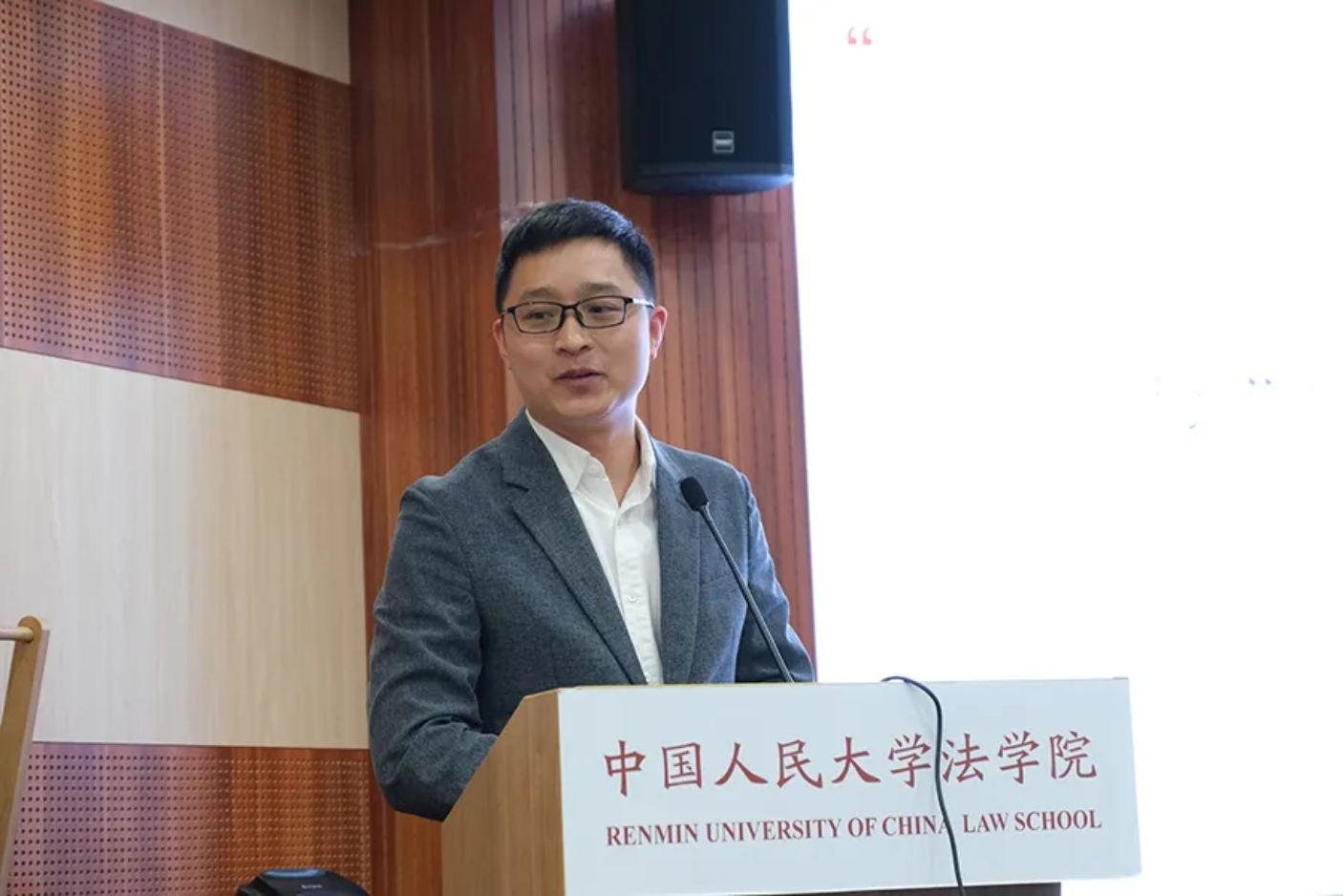
Professor Li Guangde, assistant researcher of Institute of Law, Chinese Academy of Social Sciences, first thanked Professor Zhang for popularizing science and law, which gave him a framework understanding of intelligent society and future rule of law. He raises a series of questions: in algorithmic legal order, does the basis of order depend on the institutional rationality of the law, or the commercial rationality arising from commercial logic, or other reasons for obedience? The answer to this question, he felt, would also clarify the role of the legal man in the development of an intelligent society today, whether to better shape the future or to limit it.
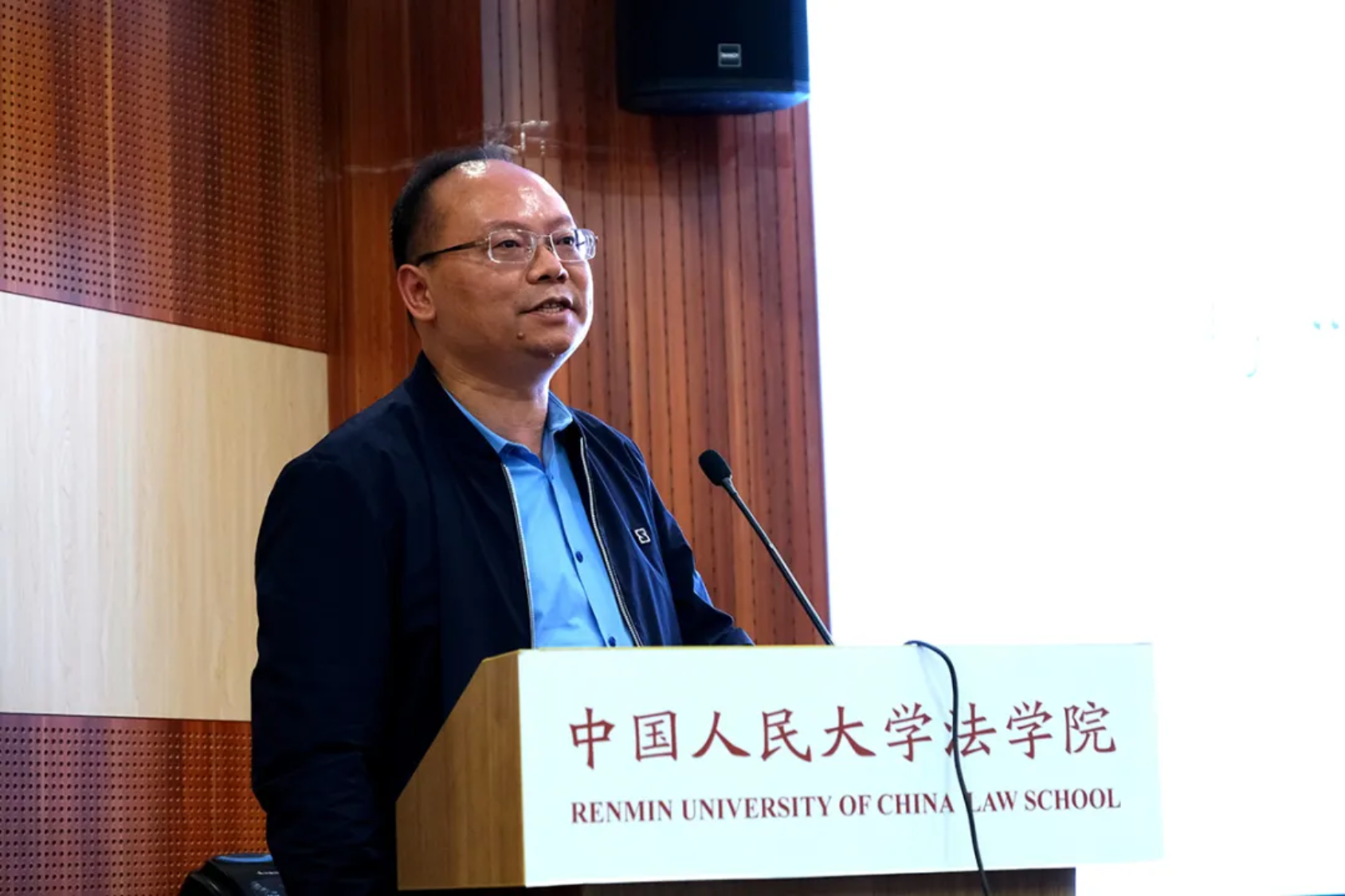
Wang Yi, vice president of Renmin University of China and dean of the law school, expressed two ideas at the end of the meeting. The first point is that Professor Zhang is a scholar who opened a window and opened a door at every critical juncture in the development of Chinese jurisprudence. This is worth every one of us here to learn. Secondly, Mr. Zhang mentioned the question about the civil code. How to compile a civil code in the transition stage of civilization can such a civil code have a long-term vitality, which really raises a very good question for civil law scholars.
